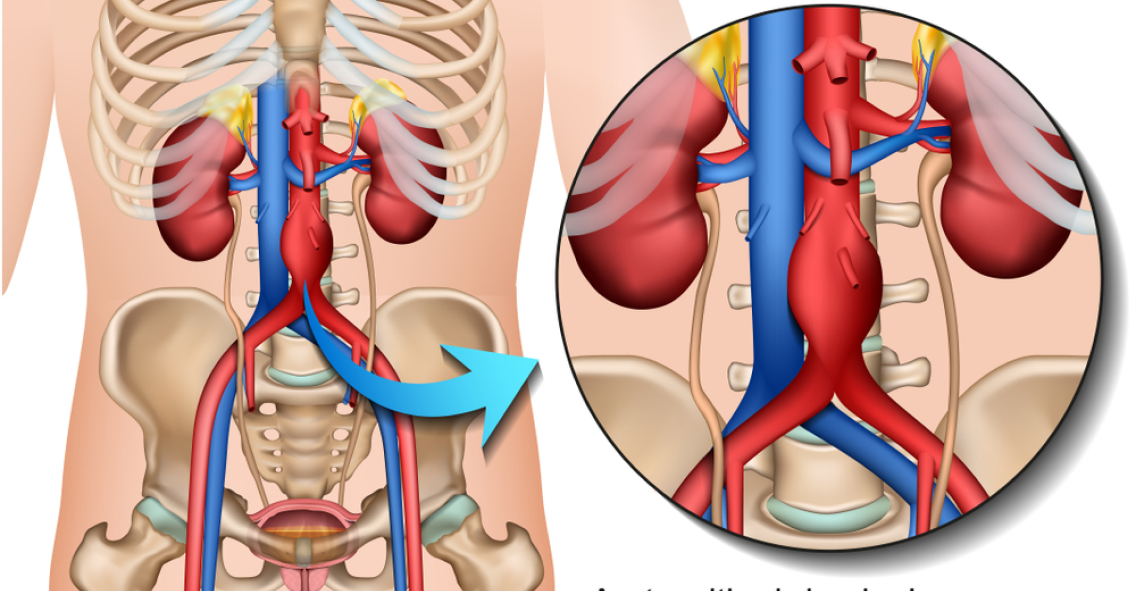Aortic Aneurysms
As vascular specialists, we have a wide range of essential vascular expertise addressing a complete spectrum of vascular conditions.
These services are aimed at diagnosing, maintaining and improving your vascular health, ensuring optimal blood flow throughout your body. Seeking care from a vascular specialist for vascular diseases is vital for several reasons. We possess extensive knowledge and expertise specifically in the diagnosis and treatment of vascular conditions. Our specialized training enables us to offer the most up-to-date and effective treatments, reducing the risk of complications.
Vascular diseases can have severe consequences if left unaddressed, such as strokes, heart attacks, or limb amputations. We can provide personalized care tailored to your unique needs, ensuring the best possible outcome for your vascular health. Early intervention, expert guidance, and a focus on your well-being make consulting a vascular specialist a crucial step in managing vascular diseases.

Aortic Aneurysms
Aortic aneurysms and dissections are critical vascular conditions that as vascular specialists, want to help you understand. The aorta is the largest blood vessel in your body, responsible for carrying oxygen-rich blood from your heart to the rest of your circulatory system. When the walls of the aorta weaken or develop a bulge, it’s referred to as an aortic aneurysm. This can be potentially life-threatening if the aneurysm ruptures. On the other hand, an aortic dissection occurs when there is a tear in the inner layer of the aortic wall, allowing blood to flow between the layers. This can obstruct normal blood flow and cause life-threatening complications.
These conditions often develop without noticeable symptoms, which is why regular check-ups and screening are essential, especially if you have risk factors such as a family history of aortic disease, high blood pressure, smoking, or certain genetic conditions.
Early detection through imaging studies, like CT scans or ultrasound, is key to managing these conditions effectively. Treatment may involve lifestyle modifications, blood pressure control, and sometimes surgical intervention to repair or replace the damaged portion of the aorta.

By understanding the risk factors and being vigilant about your vascular health, you can significantly reduce the chances of aortic aneurysms and dissections. If you have concerns or risk factors, don’t hesitate to seek expert medical guidance from our vascular specialist. Your health and well-being are our top priority, and we’re here to provide you with the necessary care and support.
